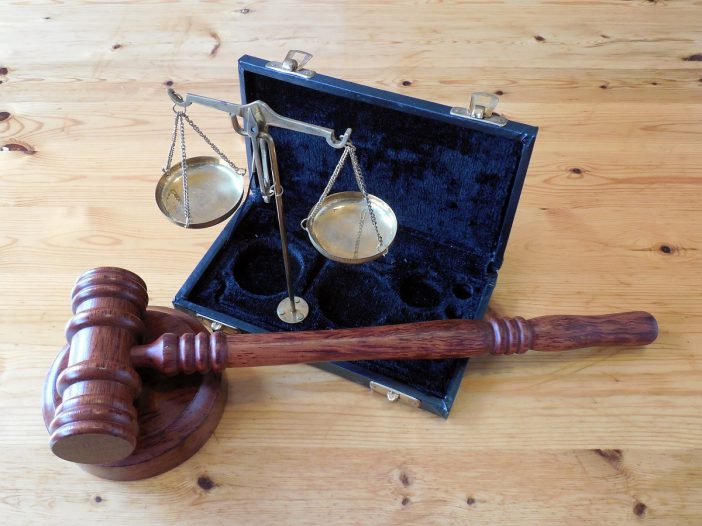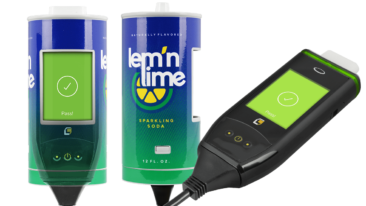
If you have been driving a while, chances are you will have passed through a DUI checkpoint. Officially referred to as a sobriety checkpoint, DUI checkpointshave become a common measure that local law enforcement entities utilize todetect individuals operating a motor vehicle under the influence of drugs oralcohol. Sobriety checkpoints also have a strong deterrent value to law enforcement,who see the increased and highly visible presence of a DUI checkpoint as adeterrent for other impaired drivers to stay off the road.
While most people are at least moderately aware of what a sobriety checkpoint is, understanding what their dui checkpoint rights are can be more challenging.There exists a wide variety of contradictory information out there, which canlead to confusion or poor decision making. In this article, we’ll explore whatrights you have in regards to DUI checkpoints. Specifically, we’ll look at thelegality of sobriety checkpoints, whether it is lawful to avoid the checkpointin the first place, and whether you can refuse a field sobriety test. Theanswers to these questions lie at the heart of the issue over your individualrights in a sobriety checkpoint.
Are Sobriety Checkpoints Legal?
The legality of sobriety checkpoints has been hotly contested, but at this point,it is well settled that DUI checkpoints are in fact legal. Don’t be fooled ifyou see contradictory information online. One area where individuals haveargued whether sobriety checkpoints are legal is in regards to the FourthAmendment, which protects citizens against unlawful search and seizure. Thisissue was at the heart of the Supreme Court case Michigan Dep’t of State Police v. Sitz, which found that sobrietycheckpoints do not constitute a violation of an individual’s Fourth Amendmentrights.[1] State law has also upheld the legality of sobrietycheckpoints. The Supreme Court of California found in 1987 in the case Ingersoll v. Palmer that sobrietycheckpoints were legal, and were considered an administrative screening,similar to what one experiences when going through a screening process prior toboarding an airplane.[2] It shouldbe noted that not all states have upheld the legality of sobriety checkpoints,despite the fact that the United States Supreme Court has ruled that they arelegal. Thirteen states currently do not conduct sobriety checkpoints,whether because they were found to violate the state’s constitution, or theysimply choose not to conduct them.[3]
Can You Avoid a Sobriety Checkpoint?
A common question about sobriety checkpoints is whether it is legally permissibleto avoid the checkpoint itself. To be clear, there is nothing legally stoppingyou from choosing to turn around when you see a checkpoint. This is assumingthat you don’t violate any laws in turning around, such as performing anillegal u-turn. However, avoidance of a checkpoint may garner increasedsuspicion and may result in being pulled over if there are other signs ofimpairment. One of the best ways to avoid a sobriety checkpoint is to simplystay off the roads when one is scheduled, although this isn’t always possible.Often, sobriety checkpoints are advertised ahead of time, although the preciselocation of a planned checkpoint isn’t always known.
Can you Refuse a Breathalyzer or Otherwise NotComply?
You may have heard that you can not comply with a sobriety checkpoint.Unfortunately, this isn’t the case in most circumstances. For example, inCalifornia, it is your legal right to refuse a pre-arrest drug swab orPreliminary Alcohol Screening (PAS) test. However, the operative word here is“pre-arrest”. Once you have actually been arrested, you must comply with anyrequirement for chemical screening. Refusal to do so will result in penalties.
The same law that governs whether you must submit to a chemical test after you havebeen arrested also requires that you must comply with a sobriety checkpointonce you have entered one. This may not be true in all states, but inCalifornia, once you have entered a sobriety checkpoint you must comply withofficers. This is known as implied consent and is found in Vehicle Code 23612. Other states have similar laws, so be sure to check with your statelaw before relying on adui checkpoints rights card that you found on the internet.
Non-compliance can carry stiff penalties, even if you are later found to not have beenimpaired at all. The consequences for non-compliance mean taking an informedapproach about your rights. Take some time now to gather relevant informationabout what your rights are in a sobriety checkpoint. These laws vary state tostate, so be sure to consult the relevant laws in your area to understandprecisely what your rights are once you enter a sobriety checkpoint where you live.
Sources
[1] https://www.law.cornell.edu/supremecourt/text/496/444
[2] https://scocal.stanford.edu/opinion/ingersoll-v-palmer-30801
[3] https://www.ghsa.org/state-laws/issues/sobriety%20checkpoints

